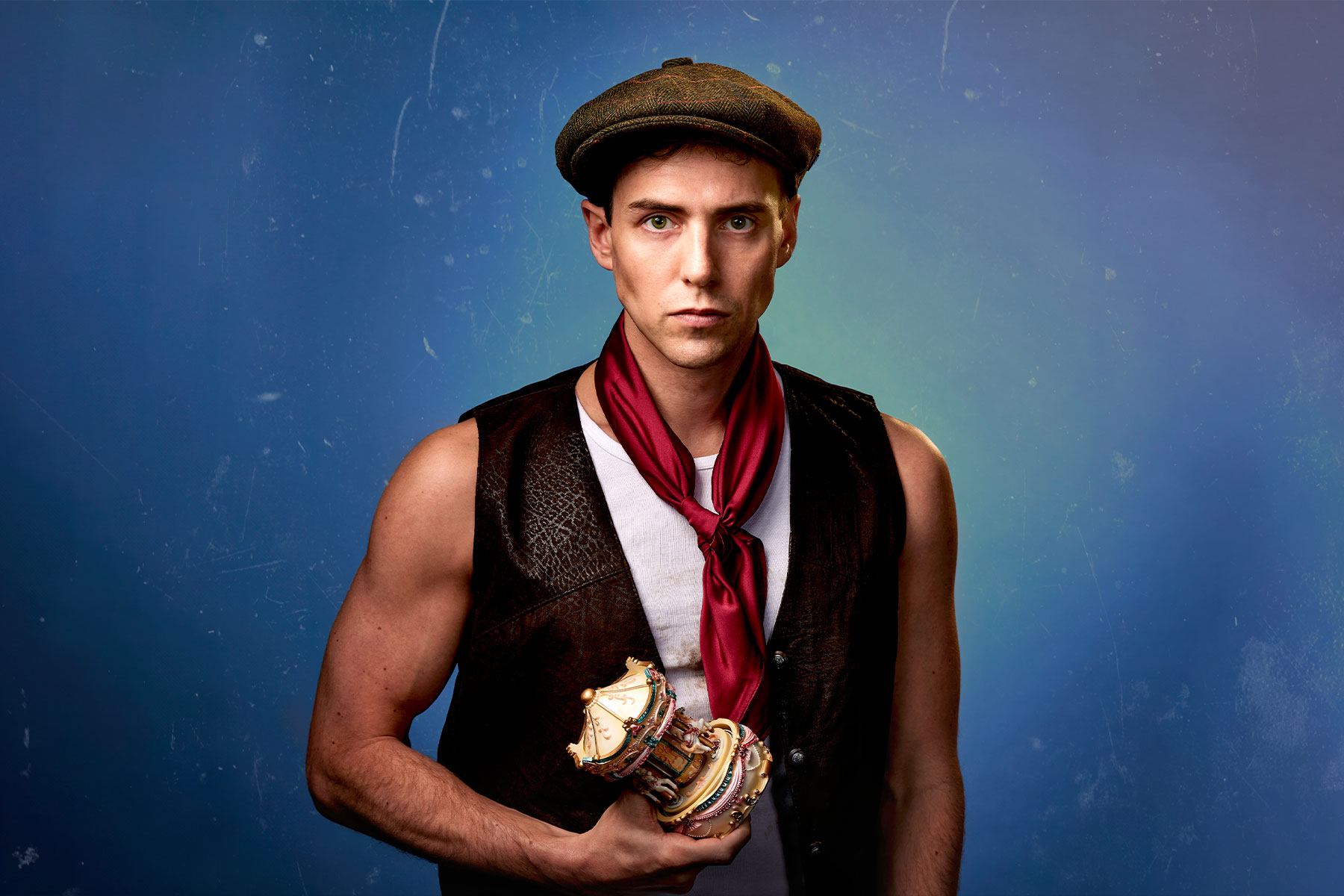Safari Party
Where I grew up in the States, we called them progressive dinners. The idea being that, with each course, you progressed from one house to another. The last time I took part in such a social activity, I was a student and it was back to my digs for dessert, consisting of jelly laced with grain alcohol. Not terribly sophisticated, but it made for much jollier dinner guests than are served up in Tim Firth‘s comedy, which comes to London’s newly (and beautifully) constructed Hampstead Theatre via Scarborough’s Stephen Joseph Theatre.
Apparently, in this country, progressive dinners are known as safari parties, evoking the exoticism – and exploitative barbarism – of big game hunters on an African sortie. It’s a metaphor Firth seems to appreciate for, though the terrain differs, in his version of deepest, darkest Cheshire, there are no shortage of ambushes, traps and dangerous predators.
From the first course – held at the crumbling home of Adam (Daniel Crowder) and Daniel (Daniel Casey), the sons of a ruined farmer who shot himself – things go awry as the lads have no furniture and, having forgot to buy food, must attempt to pass off bacon and mouldy cheese as traditional Cheshire “tollycurney”. Course two moves to the conservatory of Lol (John Bramwell) and Esther (Christine Moore), citified interlopers whose mouthy daughter Bridget (Amanda Abbington) steadfastly resists their nouveau riche, “back to the rural aesthetic” pretensions. The final course winds up in the bothy of Inga (Helen Ryan), a wily antiques dealer of German grandparentage.
Firth is a hugely talented and versatile writer (in addition to his films and plays, Our House, the Madness show for which he wrote the book, has recently won the Olivier for Best New Musical), but here he seems to have forsaken some of his originality in honour of his mentor. Alan Ayckbourn‘s fingerprints are all over this piece, and not just because he’s directed it. Despite all it’s careful construction – or, perhaps because of it – The Safari Party feels over-familiar (not least, DIY gags, little Englander xenophobia and a character who faints at the sight of blood) and, ultimately, too neat.
Which is not to say it makes for an unpleasant evening. There are plenty of laughs and clever turns of phrase, good ensemble acting, a few surprising revelations and, on reflection, some interesting musings on the importance of heritage, the division of the classes and the nature of lies.
On the matter of good lies, I’m afraid I have to finish with a criticism. Lies of such plot import really have to be, at some level, believable. Note to Tim Firth: unless you’re talking sawed-off shot guns or something more heavy-duty, bullet holes would simply not be large enough for golf balls.
– Terri Paddock










